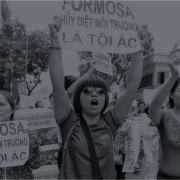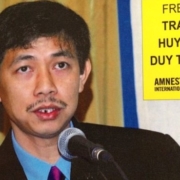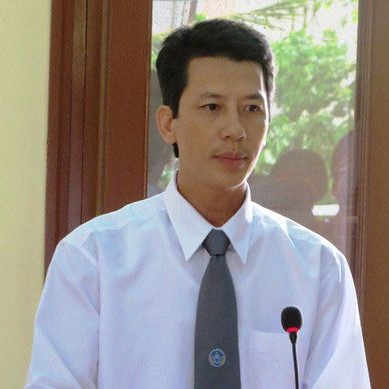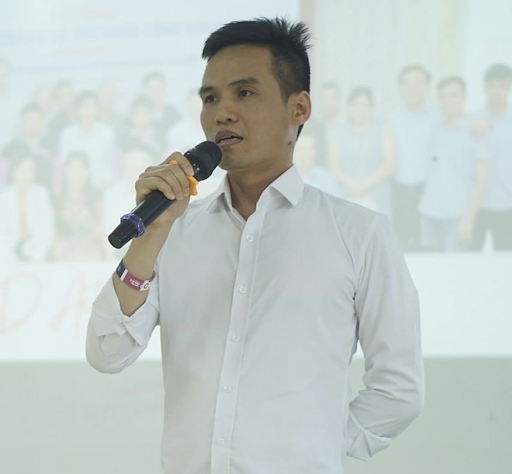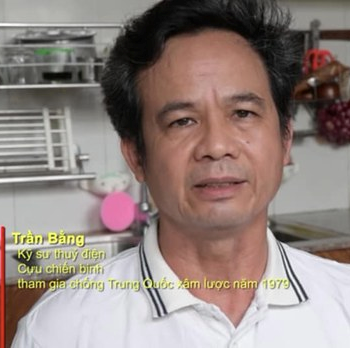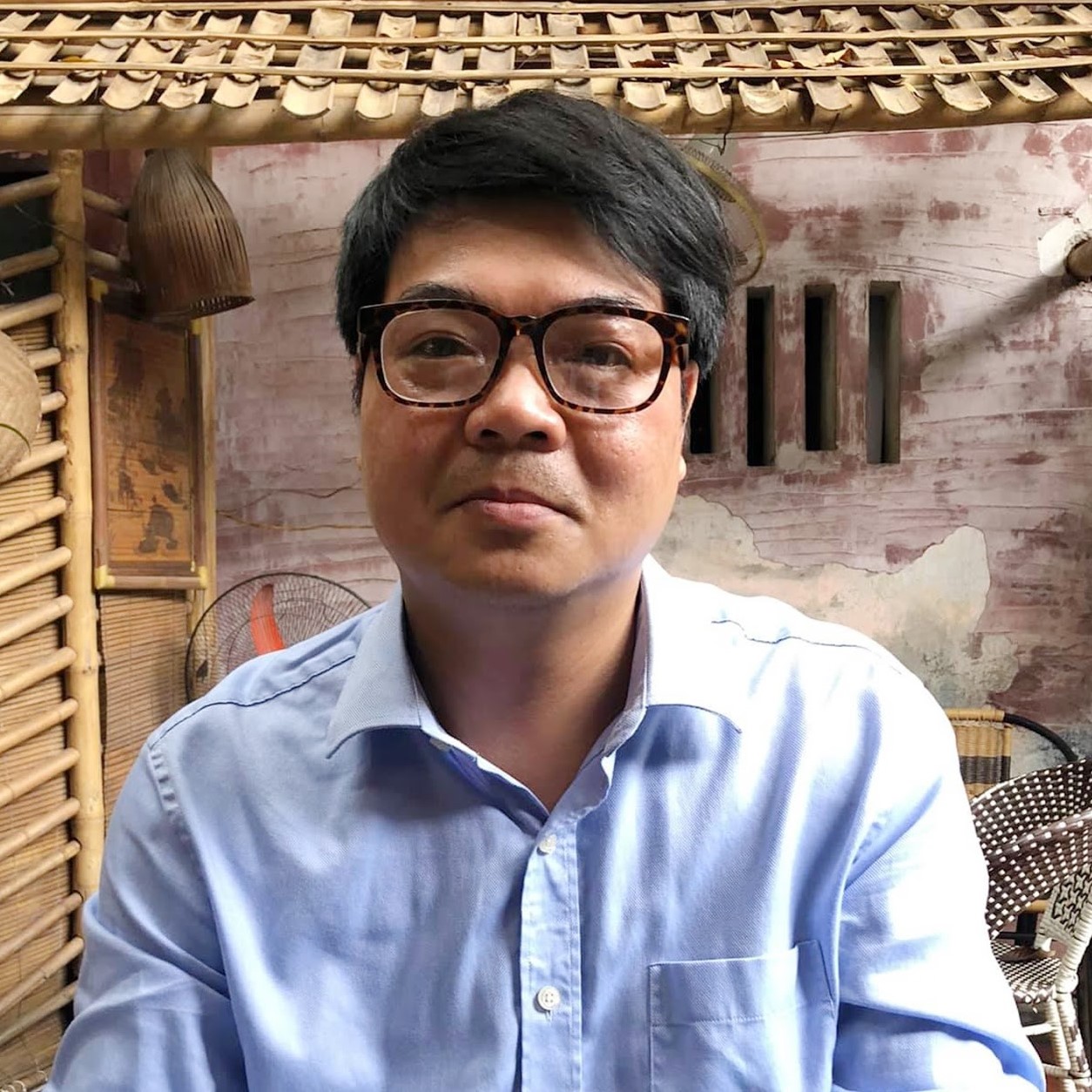Vietnam Free Expression Newsletter No. 8/2024 – Week of Feb. 16-22
Greetings from Project88. We bring you news, analysis, and actions regarding human rights and civil society in Vietnam during the week of Feb. 16-22. An activist alleges he was abducted for hours of questioning. Three families of political prisoners recount recent, persistent harassment from the police – including interference with their livelihoods and residences. Tran Huynh Duy Thuc continues to struggle to obtain food in prison. We highlight the issue with a new policy that aims to collect biometric data for Vietnamese identification cards.
HUMAN RIGHTS & CIVIL SOCIETY
Activist Trinh Dinh Hoa reported to Project88 that he was abducted on Jan. 30 and interrogated for hours by Hanoi police. Three days earlier, while on his delivery route near the Ministry of Public Security, Hoa saw a large group of land rights protesters and stopped to take some photos, which he later posted on social media. On the day he was abducted, he got a delivery order to an address next to the police station of Buoi Ward. As soon as he got there, he was allegedly forced by a group of non-uniformed police into the station for questioning. Hoa was kept there from 11:30 a.m. until 2 p.m. The police focused their questioning on three videos he had posted about police abuse in 2016, the BOT protests in 2018, and a public gathering near Ho Chi Minh’s tomb in 2021. Before releasing Hoa, they asked him to sign an affidavit admitting that the Facebook account “Hoa DT” belonged to him, which he refused to do.
Trinh Dinh Hoa became an activist in 2015 when he participated in a memorial for soldiers killed by the Chinese Navy at Johnson Reef in 1988. In 2016, he joined protests for protection of trees in Hanoi and later against the Formosa environmental disaster. Then in 2018, he became actively involved in the nationwide protests against the proposed Cybersecurity Law. During those years, Hoa also attended–or tried to attend–the trials of other activists. In 2017, he was beaten by police and had his ID card and phone confiscated outside the courthouse where Tran Thi Nga was sentenced to eight years in prison for disseminating “anti-state propaganda.” During the Dong Tam trials in 2019, his home was monitored by police for an entire week. Hoa also participated in the translating of two books – one about the Formosa incident and the other about anti-democratic elections in Vietnam. Since 2019, however, Hoa has remained low-key and works as a deliveryman for a restaurant in Hanoi.
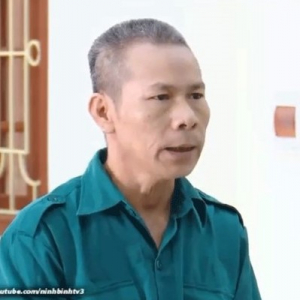
Le Van Sinh
Le Van Sinh was released from prison after completing his sentence on Feb. 15. Sinh was convicted in 2019 of “abusing democratic freedoms” and sentenced to five years in prison for his online posts critical of the state.
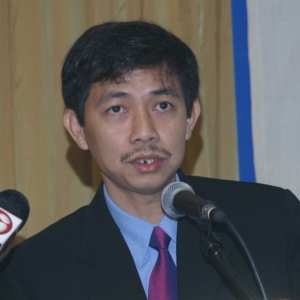
Tran Huynh Duy Thuc
Tran Huynh Duy Thuc’s family reported that Thuc had been eating again from Feb. 2 to Feb. 8, when the canteen resumed selling him food. But the authorities stopped selling food to him again on Feb. 9, saying that he had exceeded the amount of money he was allowed to spend. Thuc said all he had bought was four boxes of instant noodles, 5 kg of vegetables, 0.5 kg of pork, and less than 0.5 kg of fish. Thuc said he ate three packages of noodles each day, and only had one box (30 packages) left, and each day he would eat three packages. Even though the canteen had resumed selling him hot water, he could only trade noodles for the hot water. So Thuc decided to eat his noodles with cold water instead. He also said that if the prison continues to refuse to sell him any food, then once the supplies from the family run out, he will have to go on a hunger strike again. As Thuc put it, “What’s the use of eating if there’s nothing to eat?” Using hunger as a weapon against prisoners is one of the oldest tactics in the Vietnamese prison system’s playbook, going back to at least the days of re-education camps after the war.
A Facebooker known only as L.T.T. was summoned to a police station for posting photos of traffic cops in Lai Chau Province that allegedly offended the police. Several others who made offensive and unflattering comments about the police force during the Tet holidays are now being sought for questioning.
Harassment of prisoners’ families
Le Thanh Lam, the wife of Bui Tuan Lam, told Project88 that she has been constantly “invited” to talk with the Danang police for “speaking out on my husband’s behalf” on social media. Bui Tuan Lam, aka Onion Bae, is serving five-and-a-half years in prison in Dong Nai Province, hundreds of miles from Danang, for spreading “anti-state propaganda.” The police summoned Thanh Lam to the police station before she made the last trip to visit her husband in January; then they summoned her again right after she returned. Raising three young girls on her own, Thanh Lam says she’s been struggling to survive by selling homemade snacks because lately the police have been confiscating her goods, saying it’s against the law to sell food without a license. It appears the state is employing the well-worn tactic of economic harassment to keep family members pliant and quiet.
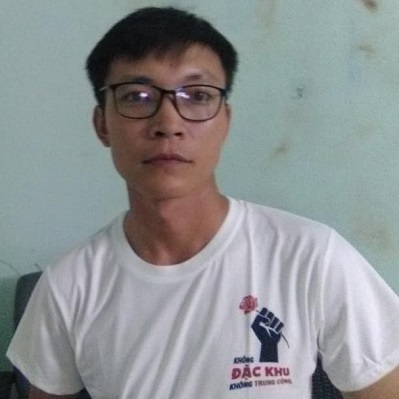
Bui Van Thuan
Trinh Thi Nhung, the wife of Bui Van Thuan, told Project88 that during the Tet holidays she was suddenly summoned to the police station on Feb. 16 without a reason. Once there, they showed her a Facebook account using her name but which had been created only one day earlier; the account contained posts that could potentially be deemed “anti-state propaganda.” She denied it was hers and refused to sign an affidavit. Since that day, the police have allegedly been posting men around her house. She reported that unknown men wearing face masks have also been following her and her young child everywhere. At night, they even allegedly asked her neighbors to shine their lights on her house “all through the night.”
Tran Phuong Thao, the wife of Dang Dinh Bach, told Project88 that Tran Huynh Duy Thuc told his family at their last visit that Bach had stopped his hunger strike. Bach has not been allowed to call home lately, so Thao could not confirm the news. The authorities have been threatening to evict them from their apartment if Thao does not pay the amount of tax that Bach allegedly owes the state. The authorities have withheld the family’s “pink book,” which is the legal document allowing a citizen to rent or use land or property. Without it, the family is officially “homeless,” and therefore their son cannot attend school. They also cannot get clean water at the discounted price for residents of the complex but have to pay a higher market price. This is yet another example of the types of economic harassment that the state can use against family members of political prisoners.
Policy analysis
Vietnam targets digital transformation of public services with DNA-backed ID. Biometric Update; 2024-02-21. On February 11, 2024, Prime Minister Pham Minh Chinh signed a directive on the continued implementation of Project 06 by ministries, sectors, and localities. The directive is intended to advance practical implementation of guiding principles and policies on developing the infrastructure to support a digital economy and society. Per the release, a list of key tasks and solutions to be prioritized includes acceleration on slow-progress tasks, the establishment of a road map, and, as a subcategory on administrative procedures, that “the Vietnam Social Security expands the deployment of biometric information verification applications on chip-based citizen identification cards at the one-stop shop of the social security offices across the country, to be completed in 2024.”
The lack of effective safeguards against abuse in Vietnam is likely enough to render the data collection regime impermissible. Under international law, effective safeguards are necessary for a data collection regime to be both lawful and reasonable. In Vietnam, there are insufficient safeguards in place to prevent the misuse of biometric data collected by the government. The collection of that data in the absence of such legislation would constitute an unlawful and arbitrary interference with privacy in violation of international human rights law.
NEWS & ANALYSIS
Mr. Nguyen Thanh Long and Phan Quoc Viet asked for a reduced sentence. BBC Vietnamese; 2024-02-21. Former Minister of Health Nguyen Thanh Long, who was sentenced to 18 years in prison for “receiving bribes of 51 billion VND in the Viet A case, has just appealed to have his prison sentence reduced, according to Vietnamese media. In addition, former Viet A Chairman Phan Quoc Viet, who was sentenced to 29 years in prison, is also appealing his sentence.
Can Vietnam and Cambodia build a lasting peace? Lowy Institute; 2024-02-22. Cambodia’s new Prime Minister Samdech Hun Manet paid his first visit to Vietnam in December with the goal of promoting “the traditional friendship and comprehensive cooperation between the two countries to new heights”. However, there are many obstacles behind the historical curtain that may prevent the achievement of these goals.
Influential Facebook Users Face Police Intimidation for Criticizing Conglomerate Vingroup. The Vietnamese; 2024-02-22. Human rights lawyer Dang Dinh Manh on Feb. 20 wrote on social media that Ngo Oanh Phuong, an influential Facebook user, had been banned from traveling abroad and that she had been summoned by the Ho Chi Minh City Police Department for posting information critical of the conglomerate Vingroup. According to Manh, Phuong, a businesswoman with thousands of followers on her Facebook account, often engages in charity work and raises concerns on different social issues. Phuong learned she was prohibited from traveling outside Vietnam in early October last year when she boarded a flight at Tan Son Nhat Airport in Ho Chi Minh City.
Vietnam’s Ambitious Plan: Securing Energy Future through Coal Production. BNN Breaking; 2024-02-15. In an unprecedented move to secure the nation’s energy future, Prime Minister Pham Minh Chinh has enacted a directive that mandates the Vietnam National Coal and Mineral Industries Group (Vinacomin) along with other relevant bodies to guarantee the provision of adequate coal supplies for power production. This decree, aimed at bolstering the stability of electricity supply, underscores the critical juncture at which Vietnam finds itself in the quest for sustainable and reliable energy sources.
Vietnam indicts former police chief for bribery. Radio Free Asia; 2024-02-20.Vietnam has indicted former police chief Do Huu Ca, who was a key figure in a violent forced eviction 12 years ago, on five different charges related to bribery, state media reported Tuesday. The retired chief of police in the northeastern city of Hai Phong is among 10 accused of “fraud to usurp assets, tax evasion, illegal purchase of invoices and State budget paying documents, taking bribes and giving bribes.” Ca, 65, was arrested about a year ago on the fraud charge and is but one among many Vietnamese officials facing criminal charges amid a sweeping government anti-corruption campaign.
© 2023 The 88 Project


